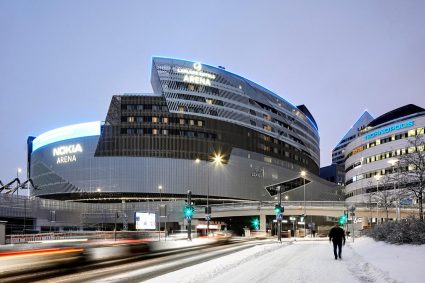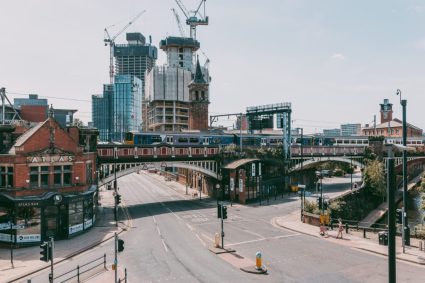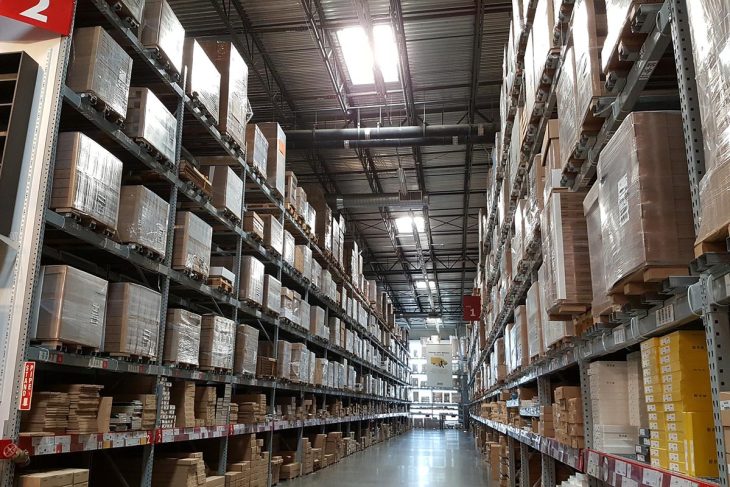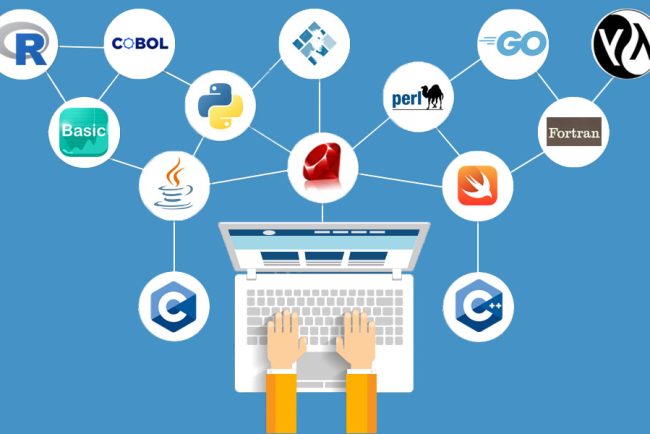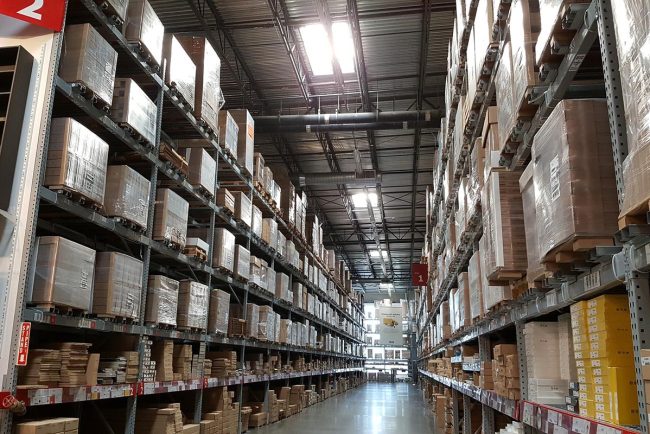

As cities around the world face the challenges of rapid urbanization and technological advancements, the concept of future-proofing has gained significant importance. Future-proofing involves taking proactive measures to ensure cities can adapt and thrive in the face of changing circumstances. While large-scale initiatives often grab the spotlight, small but impactful actions can also contribute to future-proofing a city. In this article, we explore five such actions that can help unlock a city’s potential for the future.
- Embrace Sustainable Transportation:
One of the key aspects of future-proofing a city is promoting sustainable transportation options. Encouraging the use of bicycles, implementing pedestrian-friendly infrastructure, and expanding public transportation networks can reduce congestion, lower emissions, and improve the overall quality of life. Investing in smart transportation technologies, such as electric vehicle charging stations and intelligent traffic management systems, can also contribute to a greener and more efficient urban environment.
- Foster Innovation and Entrepreneurship:
Cities that foster innovation and entrepreneurship are better positioned to adapt to evolving economic trends and technological advancements. Creating supportive ecosystems for startups and small businesses can fuel economic growth and attract talent. Initiatives such as startup incubators, co-working spaces, and innovation hubs provide platforms for collaboration, knowledge sharing, and the development of cutting-edge solutions. By nurturing a culture of innovation, cities can remain competitive and resilient in a rapidly changing world.
- Prioritize Digital Infrastructure:
The digital revolution is transforming various aspects of urban life, from communication and transportation to healthcare and governance. Future-proof cities prioritize the development of robust digital infrastructure to support these advancements. High-speed internet connectivity, smart city platforms, and open data initiatives can facilitate the integration of digital technologies and enhance the delivery of public services. By embracing the digital transformation, cities can improve efficiency, empower citizens, and create new opportunities for growth.
- Enhance Resilience and Adaptability:
Future-proofing involves preparing cities to withstand and recover from various challenges, including natural disasters, climate change, and economic disruptions. Investing in resilient infrastructure, implementing disaster preparedness plans, and incorporating sustainable practices can enhance a city’s ability to bounce back and adapt to changing circumstances. By embracing sustainable building designs, green infrastructure, and climate mitigation strategies, cities can minimize risks and create a safer and more sustainable environment for their residents.
- Engage the Community:
The active involvement of the community is vital for future-proofing a city. Engaging citizens in decision-making processes, seeking their input, and encouraging participation in community initiatives fosters a sense of ownership and collective responsibility. Collaborative platforms, citizen feedback mechanisms, and participatory budgeting can empower residents to contribute their ideas, insights, and skills towards building a better future. By nurturing strong community bonds, cities can tap into the collective intelligence and creativity of their residents, leading to innovative solutions and inclusive growth.
Conclusion:
Future-proofing a city is not solely reliant on grand gestures or massive infrastructure projects. Small, deliberate actions can have a significant impact on a city’s ability to adapt, innovate, and thrive in the face of an ever-changing future. By embracing sustainable transportation, fostering innovation, prioritizing digital infrastructure, enhancing resilience, and engaging the community, cities can unlock their full potential and create a future that is sustainable, inclusive, and prosperous.

